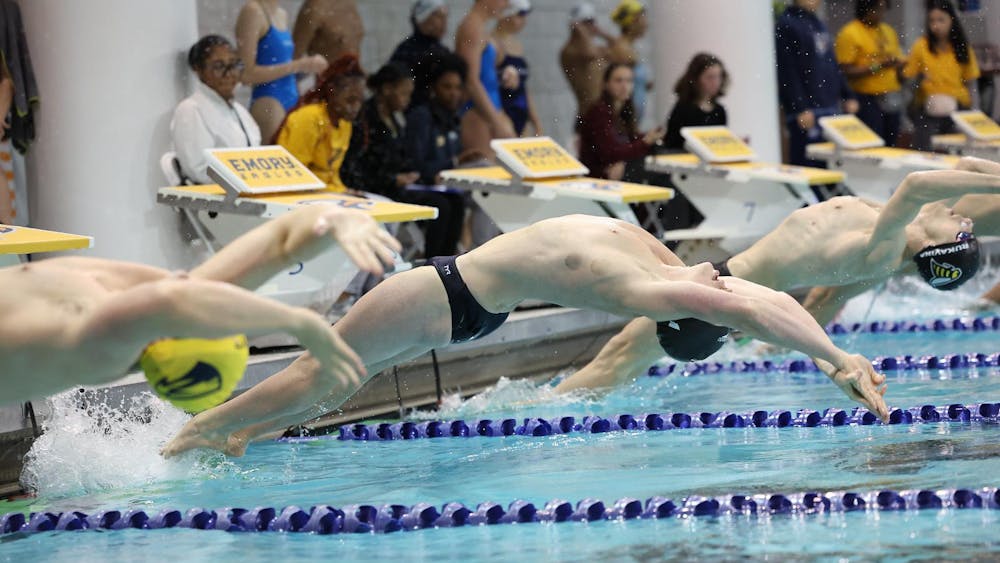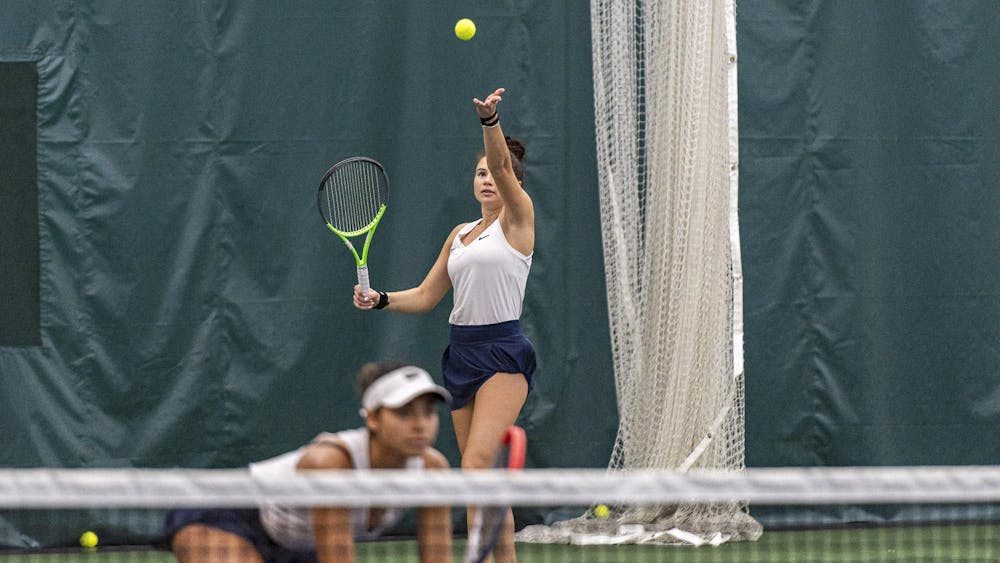On January 4, the Boston Red Sox hired Bianca Smith, the first Black female coach in professional baseball history. She will serve as a member of the minor league coaching staff, setting the stage for young girls to follow in her footsteps.
Smith’s resume is stellar. She graduated from Dartmouth College (N.H.) and earned two graduate degrees from Case Western Reserve University (Ohio) — one in sports business and another in sports law. She held internships with the Cincinnati Reds and Texas Rangers as well as one with the MLB. Smith also has college coaching experience and expertise in software programs that analyze pitching and hitting.
However, her journey to this historic moment was no easy road.
Yet, before securing a job with the Red Sox, Smith reached out to over 100 Division I college coaches and only got 26 responses. The one offer she did receive was at too-low of a salary for Smith to accept. She also applied to 30 to 40 college baseball operations positions, receiving three interviews and zero offers. Smith noticed that of the jobs for which she searched, only one went to a woman and 95% went to white males.
This pattern extends beyond the field as well; in many industries, a gender gap exists on many levels in the workplace as women are underrepresented in many fields. In most instances, despite having ample qualifications, women tend to need more credentials than men when being considered for jobs simply because of their gender.
The Red Sox are at the forefront of history now, a contrast to their being the last MLB team to integrate some 12 years after Jackie Robinson broke the color barrier in 1947. Young girls across the country now have more female role models in the baseball world. In addition to Smith, the San Francisco Giants hired Alyssa Nakken in January 2020 as the first full-time female coach in the MLB. The Miami Marlins hired Kim Ng in November 2020 as the first female general manager in MLB history. In total, the number of women who have on-field coaching or player development positions in the MLB went from seven in 2018 to 21 in 2020.
It’s crucial that this number continues to increase. A study by the Women’s Sports Foundation found that by the age of 14, girls drop out of sports at twice the rate of boys. Through more than 25 years of research, the Foundation isolated several factors that contribute to this statistic, including the lack of positive female role models in their sports.
The Foundation also detailed how girls are exposed through the media to women who emphasize their looks and beauty rather than confident, strong female athletic role models. Many girls are told to fit in rather than be bold and stand out. When there is a lack of encouragement to take part in physical activity, the rate of girls that drop out of sports rises.
By working in a male-dominant area, women like Smith show girls that it is possible to break the barrier and challenge societal norms. Her role in the MLB is monumental. With more women in sports and leadership roles, girls will be inspired to follow their dreams, despite their gender.
"You don't see someone who looks like you on the field so you don't think that you can do that too," Smith told The New York Times. "I'm hoping that, besides focusing on my job and developing players as much as I can, if the result of this position is that more women, more people, in general, are inspired to consider this as a position or at least try to get into the game, that would be great."






